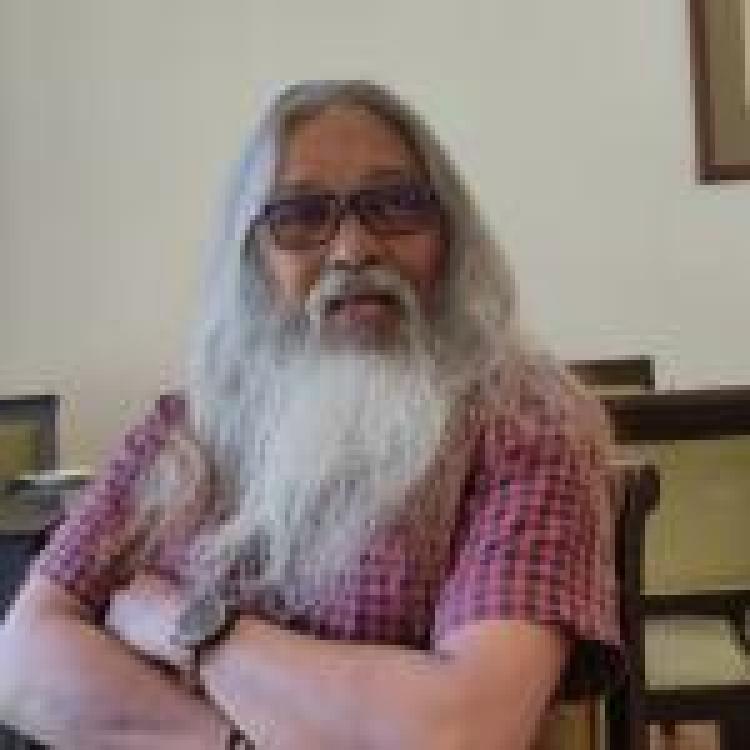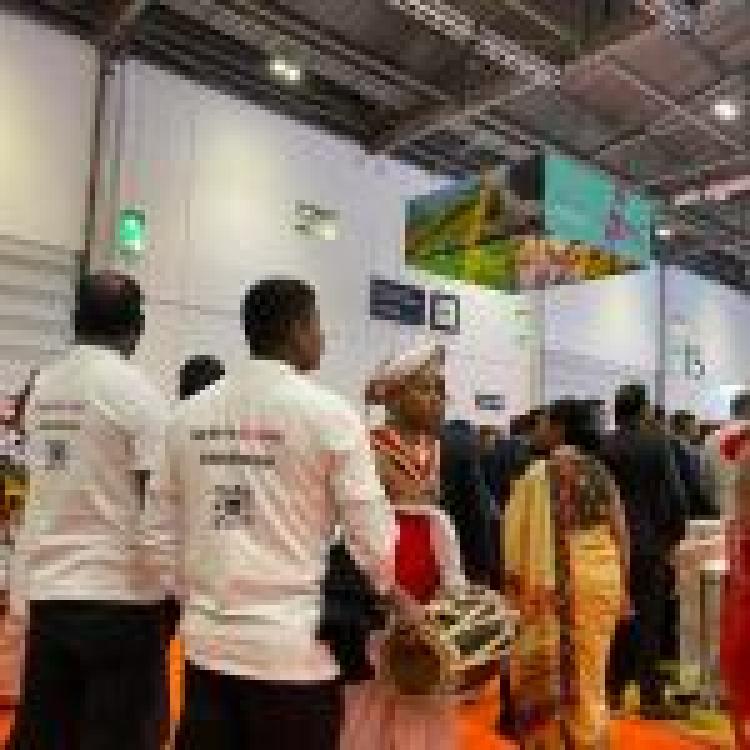
Sri Lankan Minister of Tourism Harin Fernando met with the heads of Sri Lanka's armed forces and police to discuss their involvement in the tourism sector, in an attempt to boost the industry.
Economy Next reported that these iniatives will include police ensuring the safety of tourists, the air force increasing domestic flights within the island, developing marine tourism with the participation of the navy, and initiating a life-saving programme with the participation of the army.
Sri Lanka which is heavily reliant on the tourism industry, has seen a decline in tourists following the 2019 Easter Sunday attacks, the coronavirus pandemic, the economic crisis and it's subsequent protests in 2022.
Although the armed conflict ended in 2009, the North-East continues to be occupied by the Sri Lankan military who have taken over many civilian functions, including the local tourism industry. The military have set up hotels, in some cases on lands owned by Tamils, and restaurants, ruining the economic livelihoods of the people living in the North-East.
The decision to integrate the military into tourism initiatives has sparked fears of ongoing impunity and lack of accountability for the military and their involvement in human rights violations, particularly during the final phase of the armed conflict. Sri Lanka's armed forces have been credibly accused of extrajudicial killings, torture, sexual violence, abductions, arbitrary detention and landgrabbing. Despite the lack of accountability for their abuses, they remain deeply embedded in the tourism industry.



